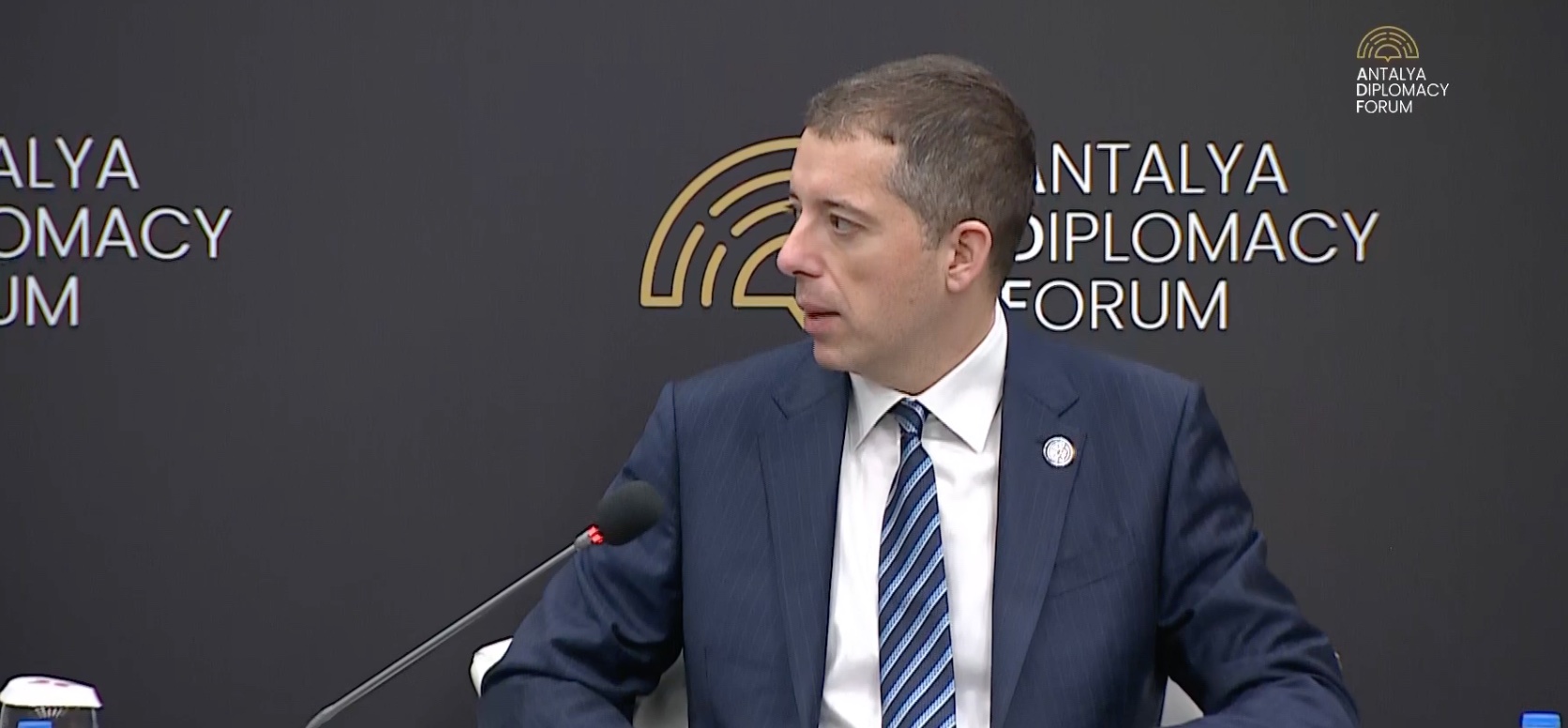ANTALYA, Türkiye, April 12. Serbia’s Minister of Foreign Affairs, Marko Đurić, emphasized the need for deeper regional cooperation and long-term stability in the Western Balkans during the 4th Antalya Diplomacy Forum. Speaking on the panel “Regional Ownership for a Prosperous Future in the Balkans,” Đurić highlighted that regional policy is at the core of Serbia’s foreign agenda, Trend reports.
“Serbia is a country that has eight neighbors on its immediate borders, which means that for us, regional policy is the backbone of our overall foreign policy,” he said. “The success of our country depends on the quality of these relationships.”
He stressed that Serbia will focus on improving ties with its neighbors and addressing unresolved issues from the 1990s. “I’m under no illusions that this is an easy process,” he noted, “but if we want to sustain a high growth rate, which our country was able to have in the past couple of years, we will have to secure a stable and friendly environment.”
Đurić also underlined common challenges shared across the region, such as improving economic and social mobility and tackling corruption. “We need to make sure that the basic promise of capitalism actually works in our country—that you can actually try, fail, and try again until you succeed. In too many ways, this is still quite difficult.”
He called for regional consensus on institutional reforms and stronger cooperation between security and law enforcement bodies. However, Đurić emphasized that such progress requires improved political dialogue. “In order for all of this to happen… we first need to have a good top-level political understanding between us.”
Proposing a novel idea, Đurić suggested a “ten-year moratorium on all kinds of political history-based or ethnic-based disputes and quarrels,” allowing the region to focus on shared priorities. “We also need to have a consensus in the region that using ethno-nationalist policies for advancing individual political careers is something detrimental for the interests of the region.”
Despite the difficulties, Đurić expressed cautious optimism: “I know this is not something that will be easy to achieve, but I’m moderately optimistic that in the months ahead we will make some progress on this issue. Serbia will be more engaging to try and lower the tensions, and we’ll see how that goes.”







